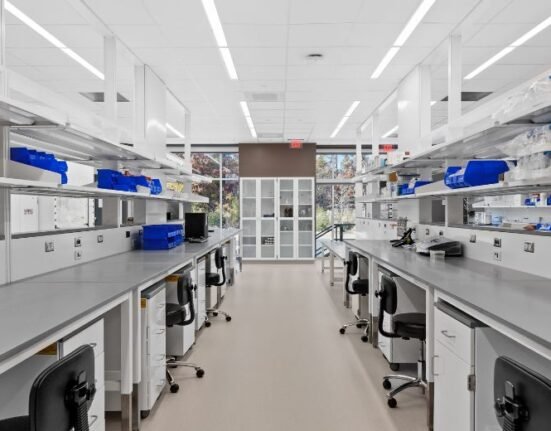HQ Team
June 5, 2024: The advisory committee of the US Food and Drug Administration has rejected a therapy using party drug MDMA, or ecstasy or molly to treat post-traumatic stress disorder.
The advisers voted 10-1 against the overall benefits of ecstasy in the treatment while nine of the 11 members said the data available so far did not prove the effectiveness of the drug in PTSD patients.
The FDA often follows the panel’s feedback and a final decision is expected by August 11.
The voting followed the presentation of research findings by drugmaker Lykos Therapeutics, a company seeking approval for the use of midomafetamine (MDMA).
Lykos advised that treatment be administered in combination with talk therapy sessions by a licensed mental health provider.
Abuse-related events
The staff reviewers of the FDA said there was “a striking lack” of documentation of abuse-related adverse events, which may limit the agency’s ability to explain the effects of MDMA or determine its abuse liability.
Psychedelic research in the US has been funded by a few nonprofit advocacy groups, such as the Multidisciplinary Association for Psychedelic Studies, or MAPS.
Lykos Therapeutics, a corporate spinoff of MAPS, conducted all the studies submitted for FDA review.
According to the FDA, Lykos is developing midomafetamine for the treatment of PTSD in adults. PTSD is a psychiatric disorder that may occur following exposure to actual or threatened death, serious injury, or sexual violence.
Avoidance of memories
It is characterised by recurrent dreams or intrusive memories about the event, persistent avoidance of memories, thoughts, feelings, or external reminders associated with the traumatic event and negative alterations in mood and cognition associated with the traumatic event.
Marked alterations in arousal and reactivity such as hypervigilance, exaggerated startle response, angry outbursts with little or no provocation, poor concentration, and insomnia are also experienced. PTSD affects approximately 13 million Americans each year with women and disadvantaged or marginalised groups are more likely to be affected.
In two clinical trials of Lykos, called MAPP1 and MAPP2, patients received MDMA as part of an intensive, four-month course of talk therapy lasting more than a dozen sessions, only three of which involved taking the drug.
More than 190 patients, who received doses of MDMA in addition to therapy, showed a significant reduction in PTSD scores compared to placebo.
The drug was supposed to help patients come to terms with their trauma and let go of disturbing thoughts and memories.
‘Disappointed’
It was studied in adults with moderate-to-severe PTSD who were randomly assigned to undergo therapy with MDMA or with a dummy pill.
“Both MAPP1 and MAPP2 studies met their primary and secondary endpoints,” according to a company statement.
Following treatment, patients who received MDMA had significantly lower PTSD scores and were more likely to be in remission.
“We are disappointed in today’s vote given the urgent unmet need in PTSD and appreciate that the committee faced a challenging and atypical assignment, which was to evaluate a therapeutic approach that combines drug therapy (MDMA) and psychological intervention,” Amy Emerson, Chief Executive Officer of Lykos Therapeutics.
‘Find a path forward’
The company will continue to work with the FDA to address issues to “find a path forward to ensure the responsible and careful introduction of MDMA-assisted therapy into the healthcare system if approved.”
On February 9, 2024, the FDA granted Lykos’s application a Priority Review. The FDA grants Priority Review for drugs that, if approved, would represent significant improvements in the safety or effectiveness of the treatment, diagnosis, or prevention of serious conditions compared to standard applications.
No regulatory agency has approved the MDMA capsules. The safety and efficacy of midomafetamine have not been established for the treatment of PTSD.








